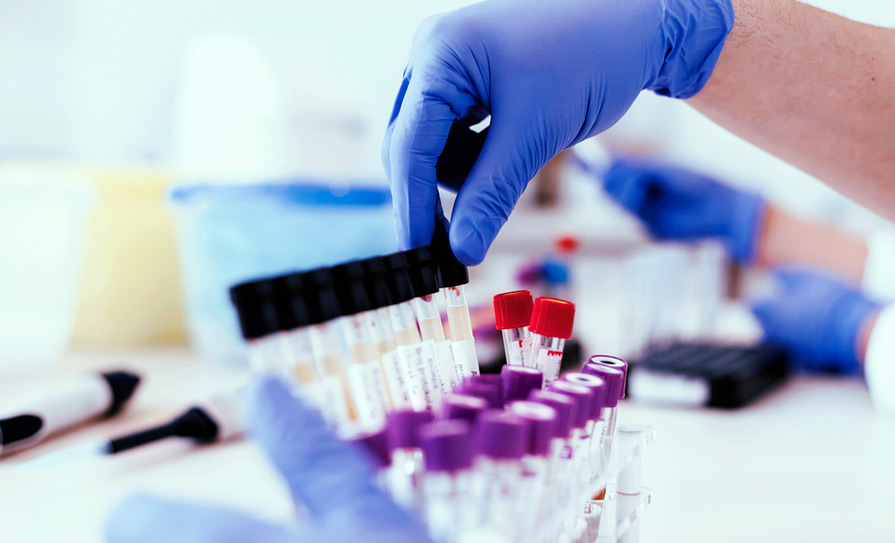Testing for genetic mutations in urine can detect bladder cancer years before the disease shows clinical symptoms, new research presented at the EAU 2023 Annual Congress in Milan has shown.
Bladder cancer is the fifth most common cancer in the European Union (EU), with over 200,000 cases each year. Only around half of those diagnosed with the disease will survive more than five years, mainly due to late diagnosis and recurrence. By contrast, if their cancer is detected at an early stage, more than 80 per cent of patients survive for at least five years.
The new study, by researchers from France, Iran, and the US, identified mutations across 10 genes that were able to predict the most common type of bladder cancer up to 12 years in advance of diagnosis.
The study was based on the UroAmp test, a general urine test that identifies mutations in 60 genes. Drawing on previous research to identify genetic mutations linked to bladder cancer, the research team narrowed the new test down to focus on mutations within just 10 genes.
The researchers trialled the potential new test using samples from the Golestan Cohort Study, which has tracked the health of more than 50,000 participants over 10 years, all of whom provided urine samples at recruitment. Forty people within the study developed bladder cancer during that decade, and the team were able to test urine samples from 29 of them, along with samples from 98 other similar participants as controls. Of the 29 participants who had developed bladder cancer within the Golestan cohort, the test was able to accurately predict future bladder cancer in 19 (66 per cent) of them, even though urine samples had been taken up to 12 years before clinical diagnosis. Fourteen of these participants were diagnosed with bladder cancer within seven years of urine collection, and the test was able to predict cancer in 12 (86 per cent) of these. The test was accurately negative in 94 of the 98 participants (96 per cent) who would not develop cancer in the future. Among those where the test was negative, but who did eventually develop bladder cancer, no cancer was diagnosed until at least six years after the urine collection.
The test was also trialled with colleagues from Massachusetts General Hospital and Ohio State University using samples from 70 bladder cancer patients and 96 controls, taken prior to a cystoscopy. In contrast with the Golestan study, some of these samples were provided by cancer patients on the day they were diagnosed, rather than many years before. Mutations were found in urine samples from 50 of the 70 patients (71 per cent) whose tumours were visible during the cystoscopy. Some of these were new diagnoses and others involved a cancer recurring. Mutations were not found in 90 of the 96 (94 per cent) patients with a negative cystoscopy.
Lead researcher Dr Florence Le Calvez-Kelm, from the International Agency for Research on Cancer (IARC) in Lyon, believes these results demonstrate the potential of a genetic urine test for early detection of bladder cancer.













Leave a Reply
You must be logged in to post a comment.